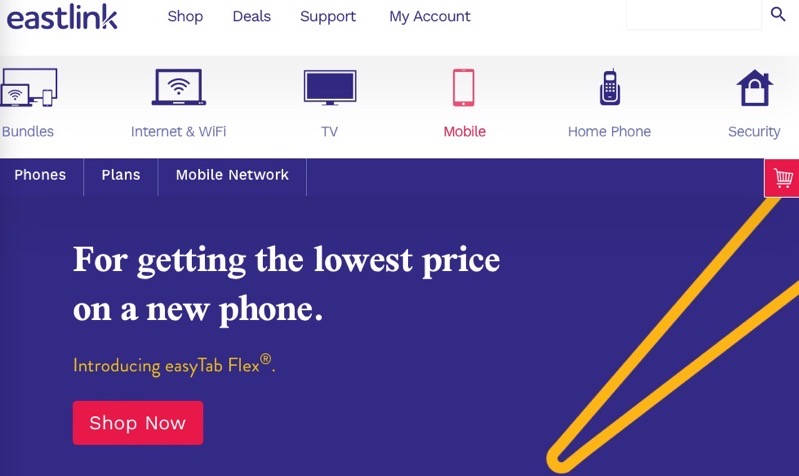
Rogers-Shaw Merger Will Raise Prices for Low-Income Canadians, Says Expert

Rogers’s proposed $26 billion acquisition of Shaw Communications will lead to higher telecom prices that will most significantly affect low-income Canadians, one expert told the Competition Tribunal on Friday — reports The Canadian Press.
Lars Osberg, an economics professor at Dalhousie University, testified before the Tribunal during Friday’s hearing as part of the Competition Bureau’s ongoing case against the Rogers-Shaw merger. He said that low-income Canadians, who are already under immense inflationary pressure, will feel the brunt of price increases resulting from the high-profile union.
Rogers responded to Osberg’s claims by pointing to the CRTC’s approval of the deal. The Canadian Radio-television and Telecommunications Commission greenlit the Rogers-Shaw merger back in March.
Rogers said that the telecom watchdog assessed the deal’s potential impact on the interests of consumers, including low-income households, seniors, and people with disabilities, before approving it.
The telecom giant noted that even after acquiring Shaw, it would continue to satisfy the CRTC’s expectation of telecom companies to offer a low-cost plan. Rogers said it offers one through its flanker brand, Fido.
In addition, Rogers said it plans to expand its Connected for Success wireline program to Western Canada and launch a national Connected for Success wireless program — but only if the deal is approved. Rogers’s Connected for Success wireline program offers high-speed internet and bundled services at discounted prices to low-income Canadians.
Jean-Francois Lescadres, vice president of finance at Vidéotron, also faced cross-examination during Friday’s hearing. Rogers and Shaw have proposed selling Shaw-owned Freedom Mobile to Quebecor’s Vidéotron as a potential remedy to the Commissioner of Competition’s antitrust concerns.
The Competition Bureau is seeking a complete block of the Rogers-Shaw merger over its potential to hike prices and reduce competition in Canada’s already oligopolistic telecom space.
Tribunal hearings into the Rogers-Shaw merger kicked off last week with the Competition Bureau reiterating that the proposed Freedom sale isn’t enough to win its approval.
During another session on Thursday, an expert witness hired by the Bureau said a combined Rogers-Shaw would eliminate the existence of a fourth wireless competitor — which Ottawa has championed for the longest time. This would ultimately result in higher phone and internet bills.
Canada’s Commissioner of Competition is the last of three regulators, including the CRTC and Innovation, Science and Industry (ISED) Canada, that must approve the Rogers-Shaw union for their deal to close. The trial is expected to last four weeks, with oral arguments scheduled for mid-December.

